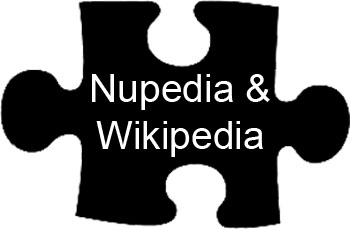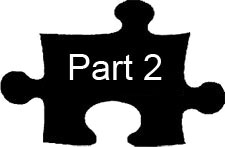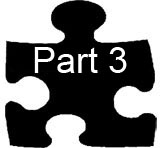


From Nupedia & Wikipedia to Citizendium
AH: Could you tell us a little about the relationship between the two projects—Nupedia and Wikipedia—that you worked on prior to creating Citizendium?
LS: Wikipedia and Nupedia were supposed to work in tandem. In the very beginning, that’s how we talked about the projects working together. Wikipedia was to be a content feeder for Nupedia. Well the problem was that it was just too easy, of course, to create and work on articles in Wikipedia, and there wasn’t any immediate payoff to submitting an article to Nupedia.
A lot of people, I think, simply didn’t want to go through the review process of Nupedia when they could have an article instantly published on Wikipedia, even though it wasn’t the same kind of publishing. I should say though that I stopped working on Nupedia nearly as much, and the job that I was trying to do was impossible. I was trying to act both as editor-in-chief of Nupedia and chief organizer of Wikipedia at the same time. Nupedia got the short end of the stick because that system was already up and going. If there had been a team of half a dozen people working on it, I suspect that it might have been made to work and that a stripped-down, more efficient Nupedia process would have ended up vetting a great many of those [Wikipedia] articles. Anyway, I think that something more along the lines of Citizendium is probably superior to the tandem of Wikipedia and Nupedia.
AH: A Citizendium website claims that Wikipedia isn’t “good enough,” primarily because in their view “Vandalism, once a minor annoyance, has become a major headache” on Wikipedia. Would you care to comment?
LS: I think that’s true, but it isn’t the main reason. If you ask the [Wikipedia] administrators, they will tell you that dealing day in and day out with these motivated—strangely motivated—vandals are a huge headache, far more than when I was involved with the project. They’ve become automated; they’ve become sophisticated. Quite frankly, it’s difficult to keep up with them. But that never was my main objection to Wikipedia. Not even close, really.
At least on the community side of it, it has a lot more to do with the fact that Wikipedia simply can’t enforce their own policies in anything like a fair manner. When I say that it’s an oversimplification that the system is completely self-correcting, what I mean is (just for example) that there is no method in the Wikipedia system for reining in people who are constantly pushing their own point of view. You can certainly accuse someone (although it’s not polite to do so, and it might get you into trouble) of violating the neutrality policy. But if you are in the “in group,” whatever the “in group” is for a particular topic or discipline, if you’re on the side of the more influential administrators who are looking at an article then you pretty much have carte blanche to make the article represent your bias.
Other people can, with great difficulty, raise issues about neutrality on the talk page, but over the long run, they’re going to be shouted down, essentially. You simply have no recourse in that system to deal with that sort of problem. The “leaders of the mob” (so to speak) will get their way. Unless one of them is so unfortunate as to insult you in a really egregious way and you can make a successful arbitration case out of it, there’s really nothing that you can do.